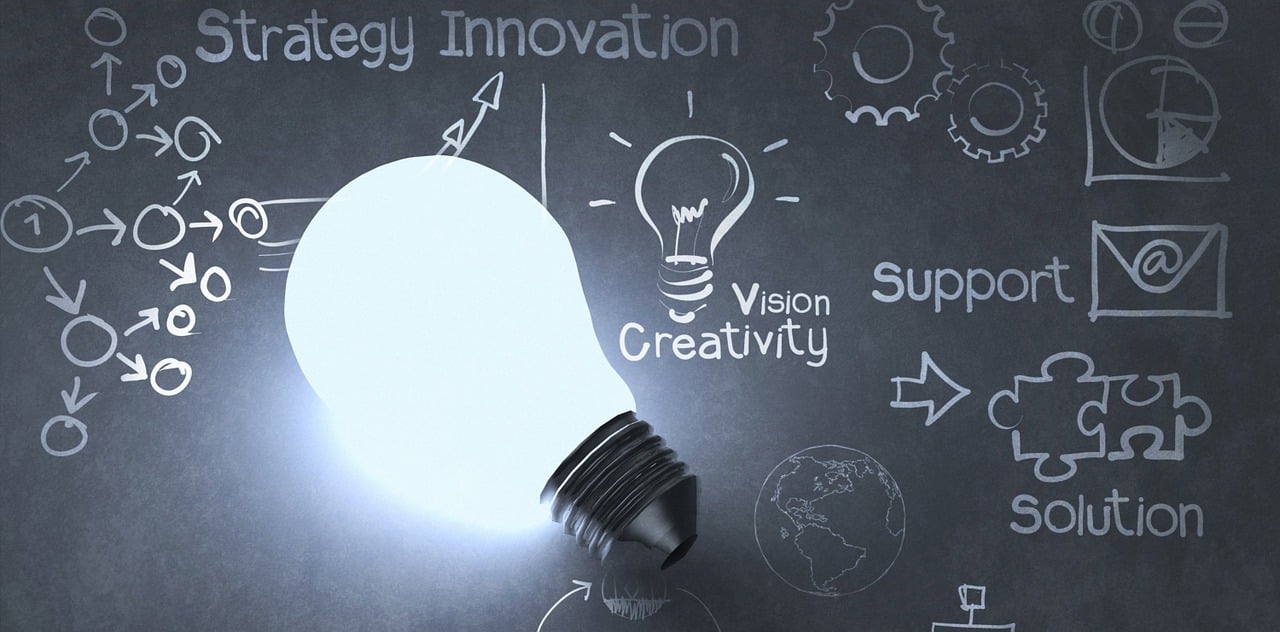Education Policies and National Growth
Education policies are shaped by a multitude of factors that play a crucial role in determining their direction and outcomes. Political ideologies and ideologies, socio-economic conditions, cultural values, and educational goals all influence the development and implementation of education policies. Additionally, stakeholder input, including teachers, parents, administrators, and policymakers also contributes significantly to the decision-making process. These varied influences often lead to a complex interplay of interests and priorities that need to be carefully navigated to create effective and sustainable education policies.
Moreover, global trends and advancements in technology also impact the formulation of education policies. The need to prepare students for the demands of a rapidly changing world drives the integration of innovative teaching methods, digital tools, and flexible learning environments into policy frameworks. As societies become more interconnected, there is a growing emphasis on fostering skills such as critical thinking, creativity, and adaptability to ensure students are equipped for success in a competitive global economy. This emphasis on future-oriented skills and competencies is a reflection of the shifting landscape of education policies towards a more progressive and forward-thinking approach.
Impact of education policies on national economy
Education policies play a crucial role in shaping the economic landscape of a nation. By investing in education, governments contribute to the development of a skilled workforce that can drive economic growth and innovation. Furthermore, well-designed education policies can enhance the overall productivity of a country’s workforce, leading to increased competitiveness in the global market.
Countries that prioritize education policies often experience higher levels of economic prosperity and sustainability. A well-educated populace is better equipped to adapt to technological advancements and market demands, thereby fostering a conducive environment for economic growth. Additionally, education policies that promote access to quality education for all citizens help reduce inequalities in income distribution, ultimately leading to a more equitable and stable economy.
• Education policies contribute to the development of a skilled workforce
• Well-designed education policies enhance overall productivity
• Countries that prioritize education policies experience higher levels of economic prosperity and sustainability
• A well-educated populace is better equipped to adapt to technological advancements and market demands
• Education policies that promote access to quality education help reduce inequalities in income distribution
Innovation in education policies
In today’s rapidly evolving world, the need for innovation in education policies has never been more critical. As new technologies, pedagogical approaches, and societal values emerge, education systems must adapt to meet the evolving needs of students. Governments and policymakers around the globe are constantly seeking new ways to improve educational outcomes and prepare students for the challenges of the 21st century.
Innovative education policies can encompass a wide range of initiatives, from implementing personalized learning approaches to integrating digital tools in the classroom. By embracing innovation, education systems can create more engaging and inclusive learning environments that cater to the diverse needs of students. Additionally, innovative policies can help bridge the gap between traditional teaching methods and the demands of a modern, interconnected world.
What are some factors that influence education policies?
Factors that influence education policies include government regulations, budget constraints, societal needs, technological advancements, and educational research.
How do education policies impact the national economy?
Education policies have a significant impact on the national economy by shaping the skills and knowledge of the workforce, contributing to economic growth, reducing unemployment rates, and supporting innovation and productivity.
What are some innovative approaches to education policies?
Some innovative approaches to education policies include personalized learning, competency-based education, STEM education initiatives, teacher professional development programs, and partnerships with industry and community organizations.
How can education policies be designed to promote equity and inclusivity?
Education policies can be designed to promote equity and inclusivity by providing equal access to quality education for all students, addressing socioeconomic disparities, supporting students with diverse learning needs, and fostering a culture of respect and acceptance in schools.





